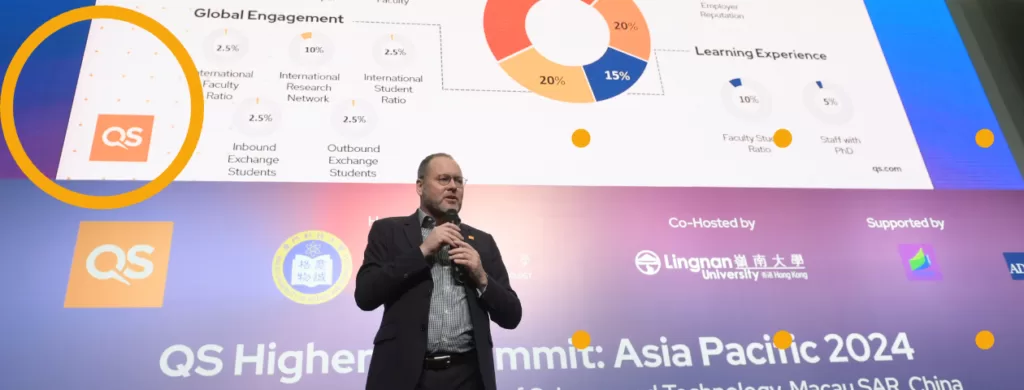
Employment, employment, employment! Since the financial crisis of in 2008, youth unemployment has become regular headline news around the world. Enhancing the employability of recent graduates is a priority for the global higher education sector.
The golden days where one could easily secure a decent job after graduating from a good university are probably gone. The massive expansion of higher education means universities are producing more graduates every year in a wider range of subject areas than ever before. At the same time, a contracting labor market in many countries around the world is not able to create enough demand for new jobs. As a result, employers are becoming increasingly selective, recruiting candidates with higher levels of qualifications and relevant work experience. In this competitive environment, many decide to further their education by investing in a master’s degree or a PhD, while others often have to lower their expectations in order to secure their first full-time job.
International work and study experience is becoming increasingly important to employers. This is highlighted in the QS Global Employer Survey over the past three years, where 60% of 27,957 employers from 116 countries value an international study experience when recruiting graduates.
An important factor to consider when selecting a university is deciding where one wishes to live and work, post-graduation. The world power is gradually shifting from the traditionally affluent developed countries, mainly in the West, to the developing countries such as the BRICS and others, especially in Asia.
The economies of developed countries appear to be experiencing some kind of stagnation or saturation. Cutting fiscal deficits while finding foreign investment to stimulate domestic demand is a tactic employed by a number of governments in order to contain the detrimental effects of recession. Weakening economies offer fewer job opportunities; therefore, governments are often under pressure to tighten up immigration policies to limit the ability of companies to employ foreign candidates in an attempt to secure more jobs opportunities for domestic applicants.
Some of the most popular study destinations in the West are implementing new immigration regulations; hence it is advisable for international students to consult visa information from official government sources as part of their research for the best study option.
Things seem to be quite the opposite in the emerging world where their economies are on the rise. The BRICS countries continue to show record GDP growth, especially when compared with the traditional super economic powers. Noticeable is also the rise of the Association of Southeast Asian Nations (ASEAN) countries, which, with a cumulative population of over 600 million and a combined nominal GDP of US$ 2.1 trillion in 2012, are predicted to grow 5.5% in 2013.
ASEAN countries are committed to integrating their economies by 2015 and create a free economic zone with free movement of labor, finance and trade between its ten member countries. Similar initiatives have been planned in Latin America and in Africa. Some of these countries are increasing access to university education at national level, investing heavily in R&D and are welcoming talented minds from all over the world. Hence, when evaluating their next study move, students of the Millennial Generation should seriously consider the study and work destinations that will offer the best post-graduation career opportunities.
Many will argue that going to university is not only about getting a job. I complete agree. I am a big fan of Maslow’s theory of the ‘hierarchy of needs’. In an ideal world, as advocated by many, education should be a human right to which everyone has equal access, whatever their background. In essence, university should be a ‘physiological’ layer, a basic need. Choosing the right university program should increase a student’s chances of reaching the most motivating layer of ‘self actualization’ in the work force and personal life. However, in reality, the bottom layers of the pyramid must be satisfied first.
The same theory should be applied when choosing the right degree program, university and country in order to unleash one’s full potential. In the short term, be realistic and pragmatic; find the right course in order to secure the ‘physiological’ layer first. Does the university have a good reputation among employers? If you wish to remain in the host-country after graduation, consider factors such as whether the country has favorable post-study work visa conditions for international students. Is the economy of the country vibrant enough to accommodate more graduate job-seekers? If these needs are satisfied, the ‘self actualization’ will follow behind closely.
The QS World University Rankings is particularly relevant to internationally-minded prospective university students because it is the only global ranking that takes into account the opinion of employers, who are asked to indicate the domestic and international universities from which they prefer to recruit. Students should use the rankings to glean information which can help them achieve their pragmatic goals before hopefully reaching the top of the pyramid in the long-term.







